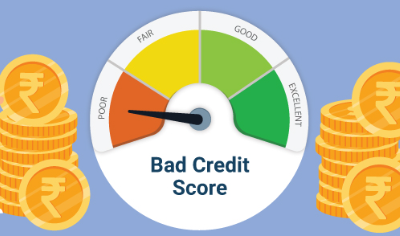Inflation is a persistent increase in the general price level of goods and services over time, eroding the purchasing power of money. Understanding the impact of inflation on personal finances is crucial for individuals to navigate economic fluctuations effectively. In this guide, we’ll delve into the implications of inflation on personal finances and explore strategies to mitigate its effects.
1. Understanding Inflation
Definition:
- Price Level Rise: Inflation results in a decrease in the value of money, leading to higher prices for goods and services.
- Causes: Inflation can be triggered by factors such as increased consumer demand, rising production costs, expansionary monetary policies, and supply chain disruptions.
2. Impact on Personal Finances
Consequences:
- Decreased Purchasing Power: Inflation reduces the real value of savings and investments, making it more challenging to afford the same quantity of goods and services.
- Income Erosion: Fixed-income earners, such as retirees and pensioners, may experience a decline in real income if their wages or benefits do not keep pace with inflation.
- Cost of Borrowing: Inflation can lead to higher interest rates, increasing the cost of borrowing for mortgages, loans, and credit cards.
3. Strategies to Mitigate Inflationary Impact
Tips:
- Invest in Inflation-Protected Assets: Consider allocating a portion of your portfolio to assets that provide protection against inflation, such as Treasury Inflation-Protected Securities (TIPS), real estate, commodities, and inflation-indexed annuities.
- Diversify Investments: Diversification across different asset classes, including stocks, bonds, and alternative investments, can help spread risk and preserve wealth in an inflationary environment.
- Adjust Spending and Saving Habits: Evaluate your spending habits and prioritize essential expenses while cutting back on discretionary spending. Increase contributions to retirement accounts and emergency funds to keep pace with inflation and maintain financial stability.

4. Impact on Specific Financial Goals
Considerations:
- Retirement Planning: Inflation erodes the purchasing power of retirement savings over time, necessitating proactive strategies such as investing in growth-oriented assets and adjusting withdrawal rates to account for inflation.
- Education Savings: Rising education costs due to inflation underscore the importance of starting early and utilizing tax-advantaged savings vehicles, such as 529 plans, to fund educational expenses for children or grandchildren.
- Debt Management: Inflation can erode the real value of debt over time, making it advantageous for borrowers. However, high inflation may also lead to higher interest rates, increasing the cost of servicing debt.
Conclusion
Inflation poses significant challenges to personal finances, affecting purchasing power, income, and the cost of borrowing. By understanding the implications of inflation and implementing proactive strategies, individuals can mitigate its impact and safeguard their financial well-being. Whether through investing in inflation-protected assets, diversifying investments, adjusting spending habits, or considering inflation’s effects on specific financial goals, informed decision-making is essential to navigate the complexities of an inflationary environment effectively.





